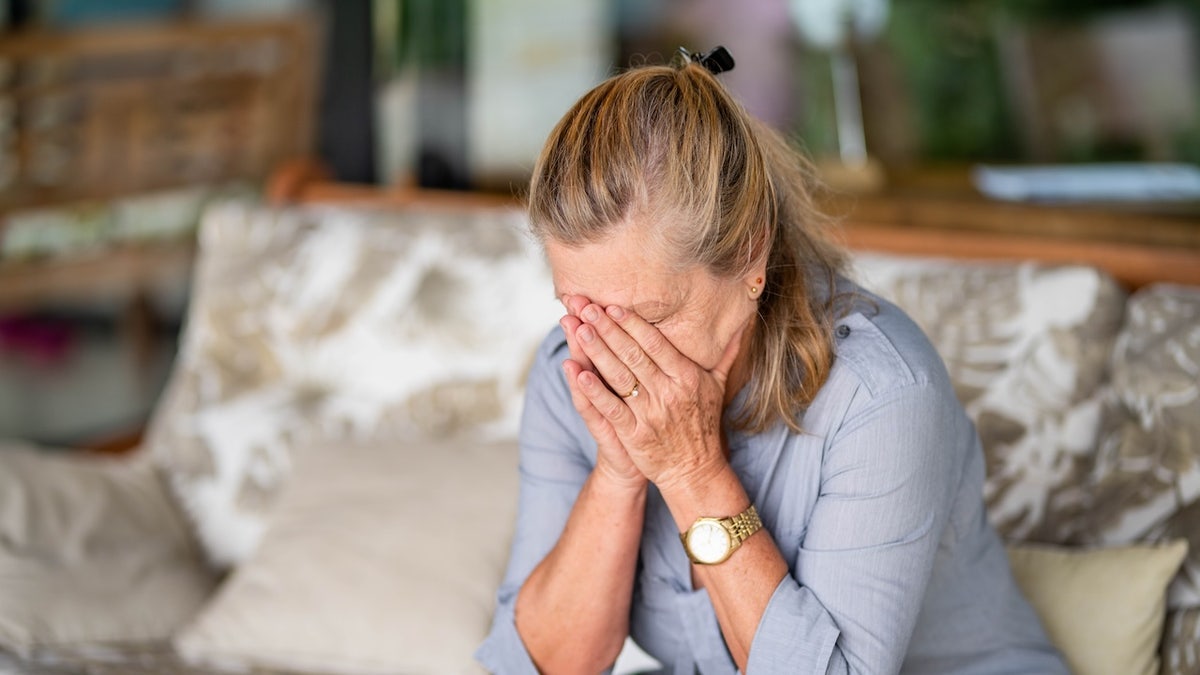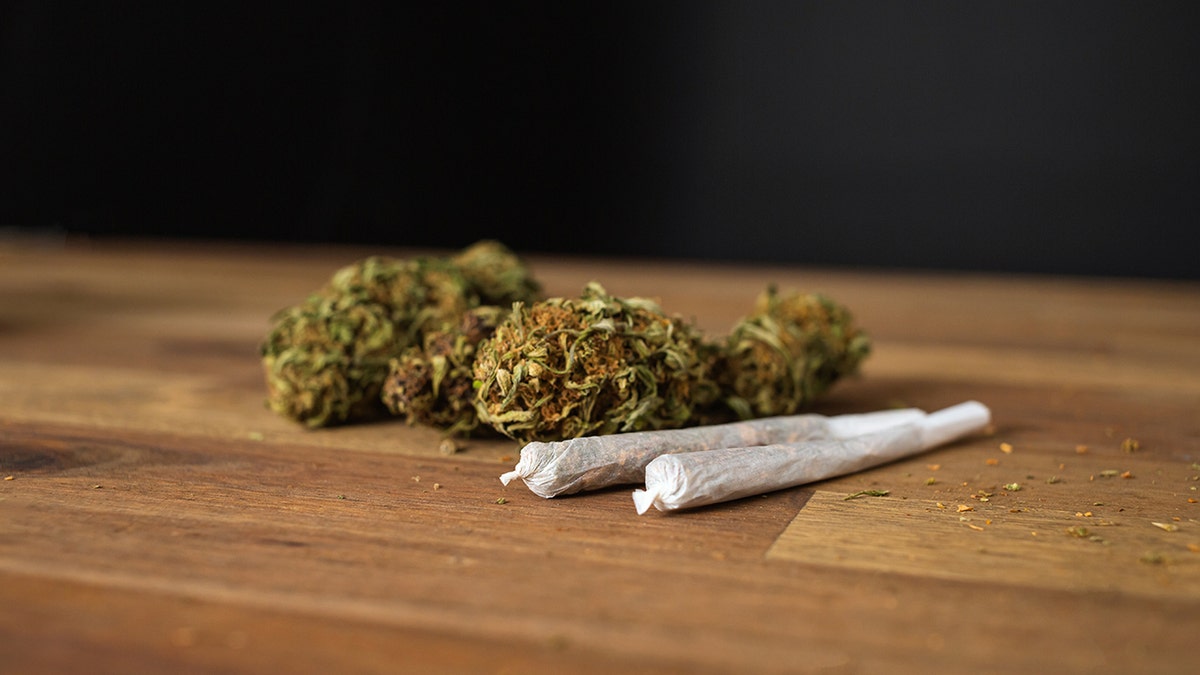NEWNow you can hearken to Fox Information articles!
Hashish is getting stronger, analysis has proven — and so are its well being dangers.
Two new research increase pink flags about how marijuana use might improve paranoia and psychological well being struggles, particularly for individuals who begin utilizing it to deal with nervousness, despair or previous trauma.
The primary examine, printed in BMJ Psychological Well being, checked out greater than 3,000 adults who at the moment or beforehand used hashish.
CANNABIS GUMMY POISONINGS SURGE AMONG VULNERABLE GROUP, EXPERTS WARN
Researchers discovered that individuals who first tried marijuana to take care of ache, stress or despair had been way more more likely to battle with paranoia later.
Those that solely used it out of curiosity or for enjoyable had the bottom ranges of paranoia and anxiety.

“This examine additional spotlights that youth hashish use could be harmful to creating brains,” an knowledgeable stated. (iStock)
Additionally they measured how a lot folks had been consuming. On common, individuals reported utilizing the equal of 10 to 17 joints per week — with right this moment’s strains broadly reported to be a lot stronger than in previous a long time.
In accordance with the American Psychological Affiliation, within the Nineteen Sixties and Nineteen Seventies, marijuana averaged about 1% THC; right this moment, many merchandise attain 30% and concentrates can hit 90–95%.
Researcher Tom Freeman, a professor on the College of Tub, steered that hashish may very well be tracked like alcohol by customary “THC items,” so customers know precisely how a lot they’re consuming and what it may imply for his or her well being.
CLICK HERE TO SIGN UP FOR OUR HEALTH NEWSLETTER
“This examine additional spotlights that youth cannabis use could be harmful to creating brains,” Riana Durrett, director of the UNLV Hashish Coverage Institute, instructed Fox Information Digital.
“Though there are various opinions about hashish regulation and coverage reform, everybody can agree that youth prevention is important to public well being and future generations.”

The examine revealed that marijuana use might exacerbate paranoia in individuals who skilled childhood trauma. (iStock)
Durrett, who was not concerned within the examine, additionally famous that the findings assist to substantiate the connections between trauma, nervousness and hashish use, that are additionally supported by earlier UNLV analysis.
“There may be convincing proof that hashish shouldn’t be used to self-medicate for nervousness, despite the fact that there could also be different vital medical benefits that additionally deserve analysis and a spotlight,” she stated.
Extra analysis is required on how hashish use compares to alcohol, Durrett added.
CLICK HERE TO GET THE FOX NEWS APP
The second examine, printed in Psychological Drugs, dug into the hyperlink between childhood trauma, paranoia and hashish use.
Individuals who skilled some sort of trauma, similar to bodily or emotional abuse, had been extra more likely to undergo paranoia — and marijuana made it worse.

As hashish legalization widens, extra individuals are turning to marijuana for aid from stress, ache or trauma. (iStock)
Dr. Giulia Trotta, a psychiatrist at King’s Faculty London and lead writer of the primary examine, stated hashish seems to “exacerbate the consequences” of trauma, relying on what an individual went by. She urges docs to display screen sufferers with paranoia for a historical past of trauma.
Why it issues now
As hashish legalization widens, extra individuals are turning to marijuana for aid from stress, ache or trauma. However specialists warn that self-medicating on this approach can backfire.
Professor Marta Di Forti of King’s Faculty London, who labored on each research, stated the findings are a transparent warning for policymakers.
“Whereas some people flip to hashish as a approach of dealing with ache or trauma, this will likely carry important dangers for his or her mental health and well-being.”

